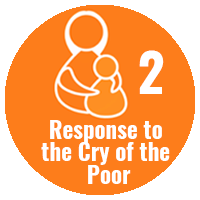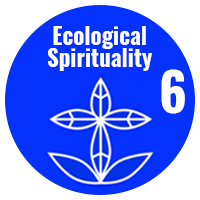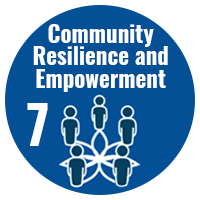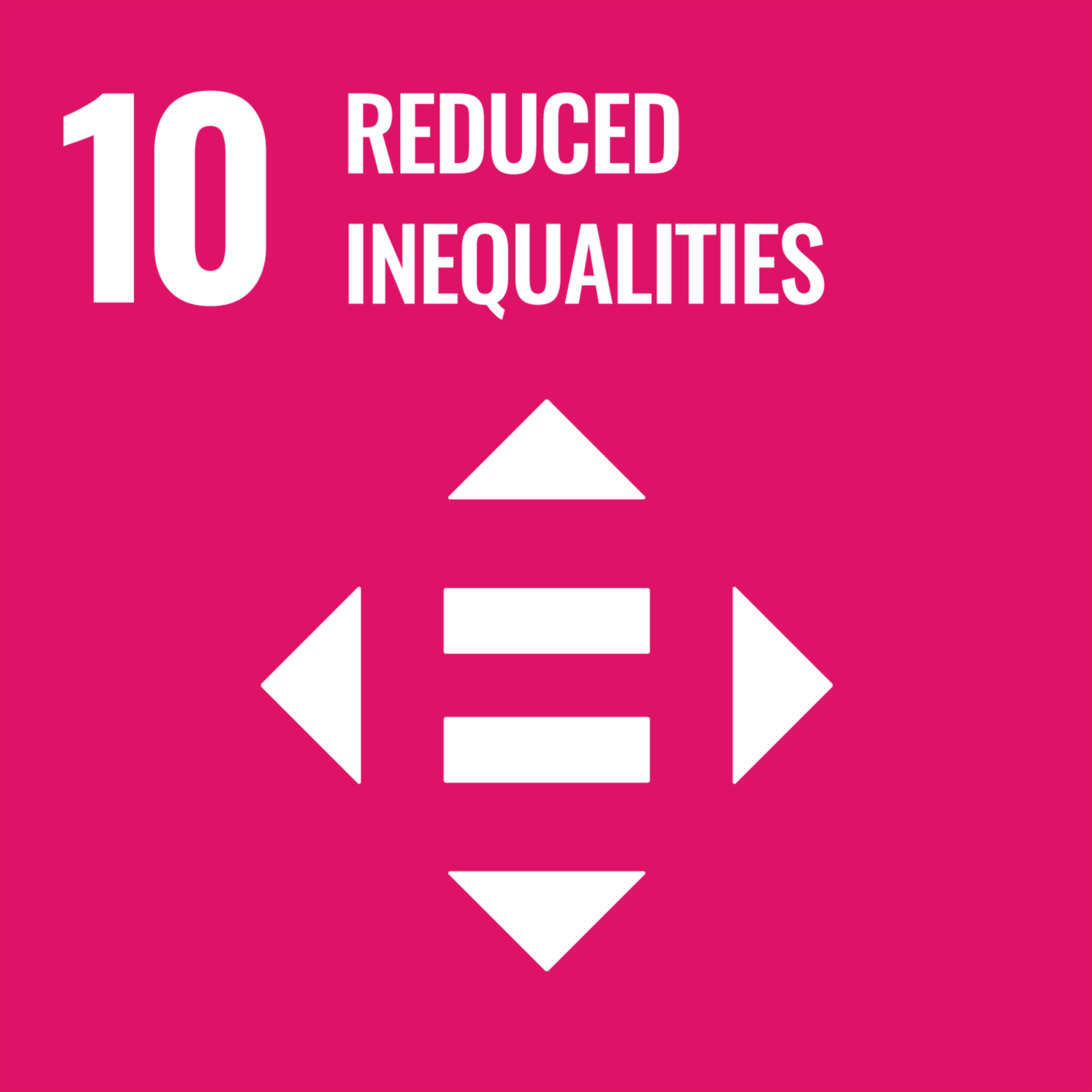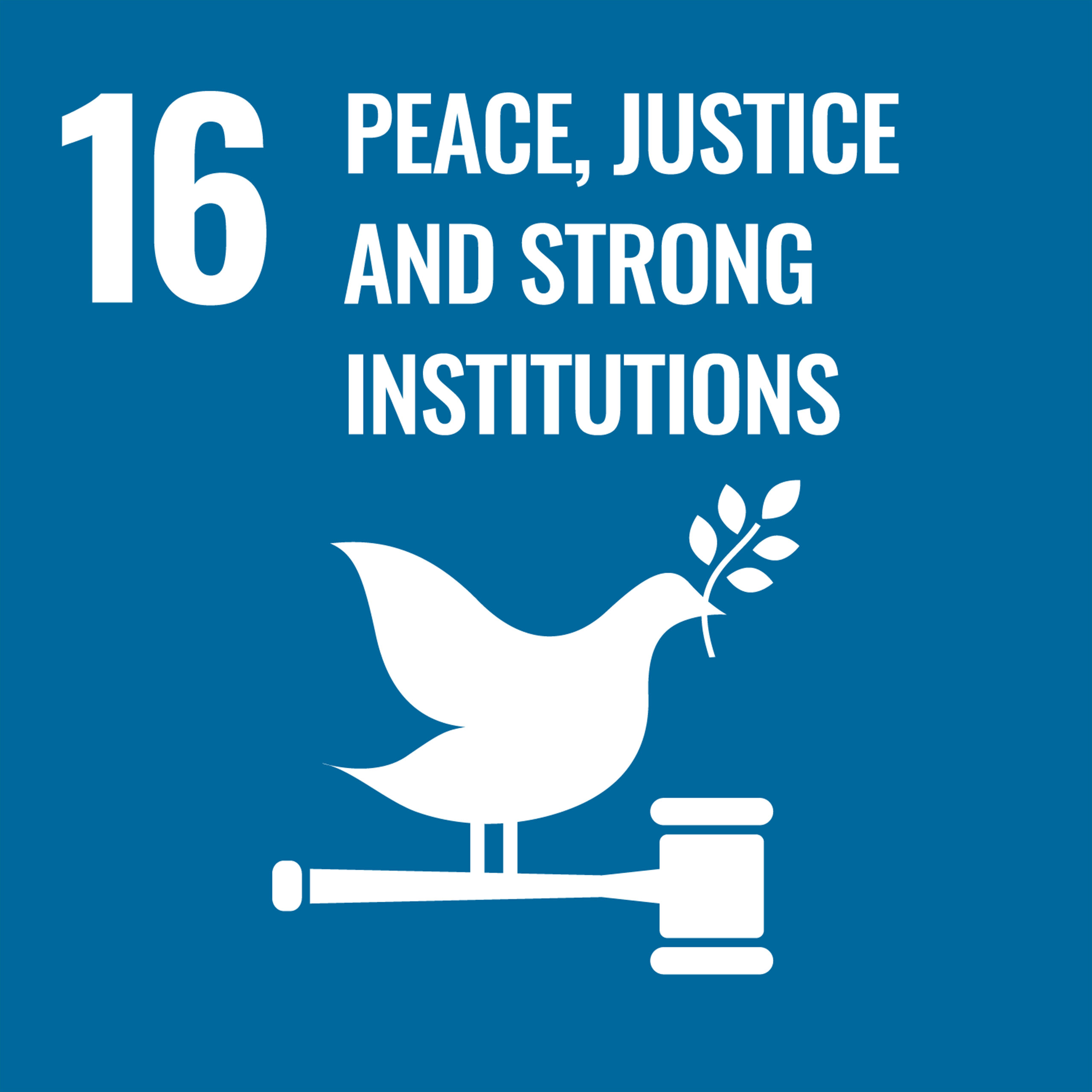HUMT-2010 : Ethics for Peace and Justice
Humanities | College of Arts and Sciences | UG
Are some wars morally justifiable? How should states respond to terrorism? How should governments respond to social injustice within their own borders? Do states owe reparations or compensation to the descendants of victims of state-sponsored violence and discrimination? This course begins by examining the principal theories of contemporary ethics (consequentialism, deontology, and virtue ethics), a debate over moral and cultural relativism, and three competing views on the nature of justice in the state. It then wrestles with three difficult philosophical problems that are essential for developing justifiable moral critiques of states and their constituents. Are human rights universal? Should we hold individuals responsible for the misdeeds of their country or social group? Should we relax our ethical standards during political emergencies? Finally, it analyzes moral dilemmas that arise when states engage in violence outside of their borders and when they attempt to address their own histories of discrimination and violence.

